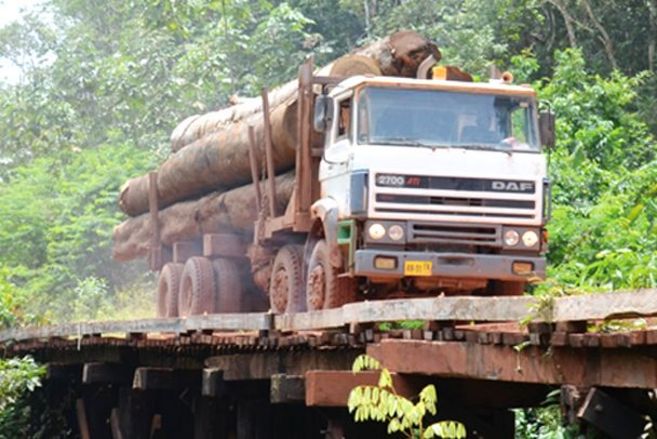Fatemé Ghafarian is currently completing her Doctoral studies in Agro-Ecology from the University of Potsdam, Germany, with her research focused on analyzing the cooling effects of diverse vegetation landscapes through data-driven approaches. Her academic journey includes a Master’s degree in Global Change Management from Eberswalde University for Sustainable Development and a Bachelor’s degree in Agricultural Engineering from Isfahan University of Technology, Iran. She conducted her master thesis on ’an eco-hydrological assessment of climate change impacts on the Wami River Basin in Tanzania’ at Potsdam Institute for Climate Impact Research (PIK).
Throughout her career history, Fatemé Ghafarian has developed extensive expertise in ecological modeling, agroecosystem data analysis, and remote sensing to investigate two mitigation measures, irrigation and agroforestry, that could sustain the microclimate of croplands. She deepened current understanding of microclimatic effects resulting from the integration of trees and hedgerows into agricultural landscapes and from irrigation within and above crop canopies. Her research clarifies how each measure in the field affects the perceived cooling effect. Additionally, they provide direction for enhancing the effectiveness of these measures through optimized implementation at both the field and regional scales. To achieve this objective, she leveraged publicly available data from diverse sources, including remote sensing and weather data and in situ data. She conducted statistical analyses using advanced techniques such as machine learning (ML) and image processing. In her role as a Researcher at the Leibniz Centre for Agricultural Landscape Research (ZALF) in working group ‘Land Use and Governance’, she contributed to assessing agroforestry practices for enhancing ecosystem services, modeling microclimate impacts, and translating these findings into decision-support tools for sustainable agriculture.
In her new role at the Thünen Institute, Fatemé Ghafarian is working on a project focused on developing virtual machines for detecting forest degradation and deforestation. This work, part of the RiMoDi project, involves leveraging Copernicus Earth observation data (e.g., Sentinel 2) and implementing the Continuous Degradation Detection (CODED) algorithm in a cloud-based processing environment (CODE-DE). Fatemé is tasked with setting up workflows for pre-processing, change detection, and classification to distinguish deforested and degraded areas according to the European Union Deforestation Regulation (EUDR). This project supports Germany’s BLE in conducting large-scale, remote-sensing-based inspections to verify deforestation-free supply chains. Her contribution emphasizes her strengths in geospatial analysis, remote sensing, and machine learning, while reinforcing her dedication to sustainability and policy-driven environmental monitoring.
Fatemé Ghafarian - new staff member
Scroll to top



![[Translate to English:] Fatemé Ghafarian](/media/institute/wf/5_Aktuell/2024/Aktuell_FGhafarian_wug_web.jpg)



